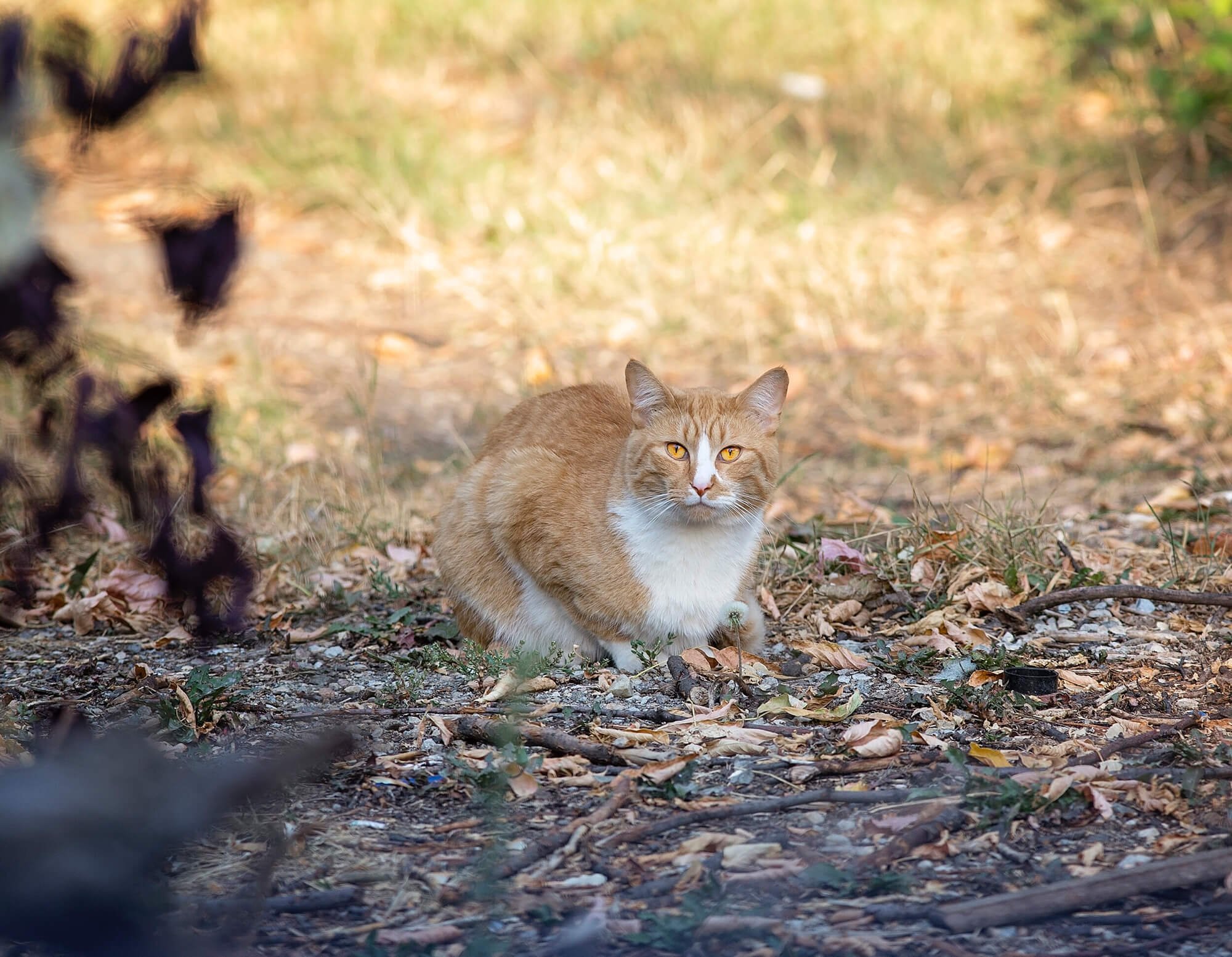
Community Cat Feeder Lead
As a volunteer, the Community Cat Lead plays an integral role in Regina Cat Rescues rescue efforts.
You will supervise and assist a team of volunteers to strive towards RCR’s commitment to support the feral and stray cat population in the community by providing care. You will work to educate and raise awareness of RCR initiatives such as the Trap Neuter (Spay) and Release and Community Cat Feeding Stations. As a remote-based organization, you will be working from home mostly, aside from the occasional time when you meet individuals in person.
Responsibilities:
Supervise, train, and coordinate a team of volunteers for feeding stations, to ensure each colony throughout Regina has a volunteer scheduled as required, including keeping a backup feeder list up to date
Source supplies for winter shelters, as well as coordinate and assist with repair and maintenance of existing community cat shelters, and replacing as required
Coordinate trapping of animals with TNR members, assisting when required; providing training on trapping in collaboration with the Community Education Facilitator
Keep detailed records of incoming cats and supplies, inputting and maintaining data to RCRs internal database
Receive, review, and respond to relevant emails from other RCR team members and the public
Commit to monthly meetings with Operations Manager and RCR teams, where you will provide an oral/written report
Other responsibilities as directed by Board of Directors
Time Commitment:
2 – 4 hours per week.
Please note while we do our best to accurately reflect time commitment required to ensure interested individuals are aware, it may fluctuate depending on the time of year and seasons
Knowledge, Skills, and Abilities:
Age requirement of 18+ is a must, along with a valid license and reliable transportation
Strong leadership and interpersonal skills
Well-organized and able to multitask
Commitment to RCR’s mission and love of animals
Access to phone/computer/internet/email is a requirement, as you will be provided an RCR email address, which is a primary means of communication
Knowledge of common cat illnesses and what to look for is an asset
Knowledge and past experience of humane trapping is a strong asset
Ability to work well independently and collaboratively as a team player
Feral cats, also called community cats, are the offspring of unsterilized lost or abandoned stray/feral cats, who are unsocialized and fearful of humans. They find it difficult to adapt to living as pets, due to their preference of living independently and self-defence behaviors. While they may change said behaviors (typically hissing and growling) as they learn to trust humans that regularly feed them, and provide them with water and care, they often retain their feral habits which make it difficult to place them in homes.
Stray cats are abandoned or lost cats, who once socialized with humans and retained their tame nature but live on the streets. While tame, they could regress to feral state after living without human contact for long periods of time.
